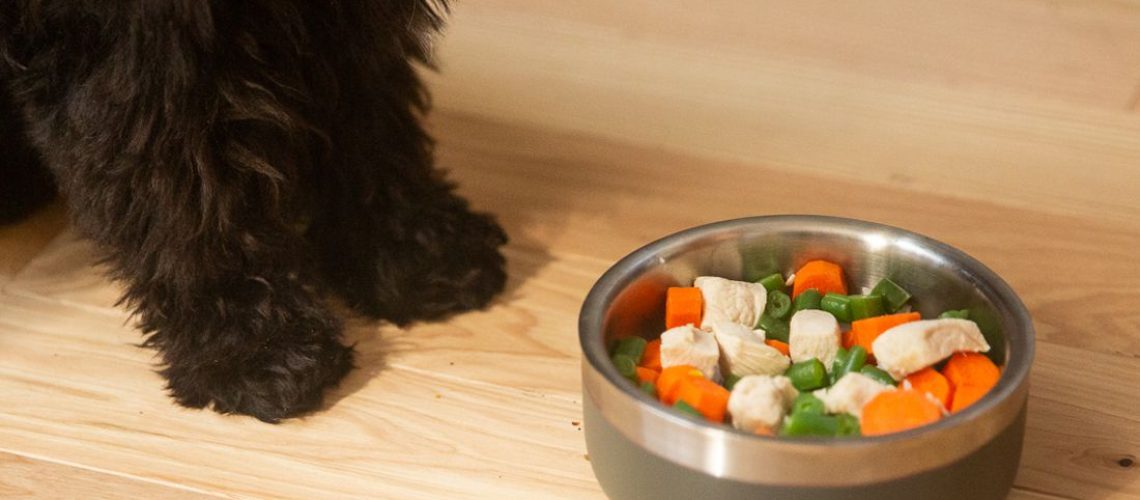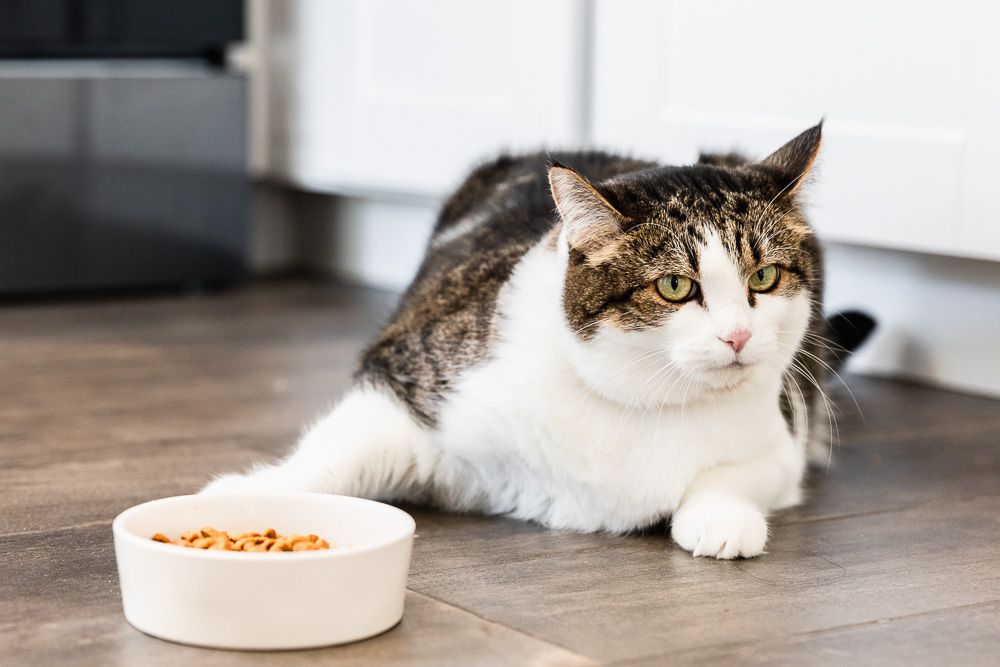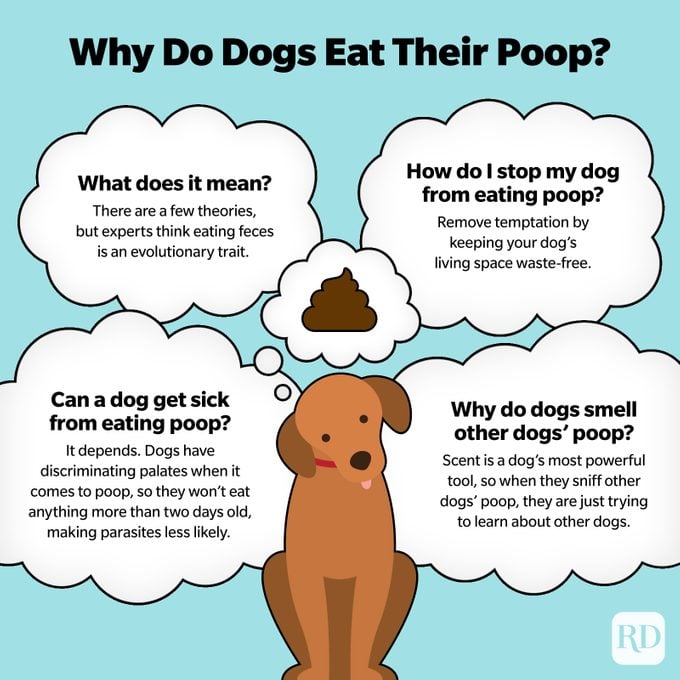If your puppy is refusing to eat, it can be concerning and frustrating. In this article, we will explore the reasons behind this behavior and provide effective strategies to help your puppy regain their appetite.
Key Takeaways:
- Puppy may not be eating due to stress or anxiety, so creating a calm and comfortable environment can help stimulate their appetite.
- Changes in routine or diet can cause loss of appetite in puppies, so it's important to introduce new foods gradually and maintain a consistent schedule.
- Puppies may refuse to eat if they are experiencing dental issues or mouth pain, so regular dental check-ups and providing appropriate chew toys can prevent this problem.
- Feeding your puppy high-quality and nutritious food is crucial for their overall health and appetite. Consult with a veterinarian to ensure you're providing the right diet for your puppy's specific needs.
- If your puppy consistently refuses to eat, it's important to seek veterinary advice as it could be a sign of an underlying health issue that needs attention.
Why won't my puppy eat?
It can be concerning when your puppy refuses to eat, but there are several common reasons why this might happen. One possibility is that your puppy is simply not hungry. Just like humans, puppies have different appetites and may not always finish their meals. Another reason could be that your puppy is feeling stressed or anxious. Changes in routine, such as moving to a new home or being introduced to new people or pets, can affect their eating habits. Additionally, if you recently changed your puppy's food, they may need some time to adjust to the new taste and texture.
To determine if your puppy's lack of appetite is a problem, it's important to observe their behavior and look for any other signs of illness. If they are still playful, energetic, and drinking water regularly, it's likely that they are just going through a temporary phase of decreased appetite. However, if your puppy seems lethargic, has diarrhea or vomiting, or shows other signs of distress along with refusing food for more than 24 hours, it's best to consult a veterinarian for further evaluation.
Possible reasons why puppies won't eat:
- Lack of hunger
- Stress or anxiety
- New food introduction
Symptoms indicating a potential problem:
- Lethargy
- Diarrhea or vomiting
- Signs of distress lasting over 24 hours
Common reasons why puppies won't eat
There are several common reasons why puppies may refuse to eat their meals. One possible reason is that they are simply not hungry. Puppies have small stomachs and may not need as much food as we think. Additionally, if they have been given too many treats or table scraps throughout the day, they may be too full to eat their regular meals.
Another reason could be that the food being offered is unappetizing to the puppy. Some puppies are picky eaters and may not like certain flavors or textures of food. It's important to find a high-quality puppy food that your puppy enjoys and stick with it.
Lack of hunger
- Puppies have small stomachs and may not need as much food as we think
- If they have been given too many treats or table scraps throughout the day, they may be too full to eat their regular meals
Unappetizing food
- Some puppies are picky eaters and may not like certain flavors or textures of food
- It's important to find a high-quality puppy food that your puppy enjoys and stick with it
How to tell if your puppy's lack of appetite is a problem
While it's normal for puppies to have fluctuations in their appetite, there are some signs that indicate a lack of appetite could be a problem. If your puppy consistently refuses to eat for more than 24 hours, this could be a cause for concern. Other signs include weight loss, lethargy, vomiting, diarrhea, or any other changes in behavior.
Symptoms indicating a problem
- Persistent refusal to eat for more than 24 hours
- Weight loss
- Lethargy
- Vomiting or diarrhea
- Changes in behavior
Possible health issues affecting your puppy's eating habits
There are several health issues that can affect a puppy's appetite. One common issue is dental problems. If your puppy has sore gums or tooth decay, it may be painful for them to eat. Another potential issue is gastrointestinal problems such as an upset stomach or intestinal parasites.
Dental problems
- Sore gums or tooth decay can make eating painful for puppies
Gastrointestinal problems
- An upset stomach or intestinal parasites can affect a puppy's appetite
Tips to help your puppy eat its meals
If your puppy is having trouble eating its meals, there are several tips you can try to encourage them to eat. First, establish a regular feeding schedule and stick to it. Puppies thrive on routine and knowing when their next meal will be can help stimulate their appetite. Additionally, try warming up the food slightly or adding some warm water to enhance the aroma and make it more enticing.
Establish a regular feeding schedule:
- Puppies thrive on routine and knowing when their next meal will be can help stimulate their appetite.
Enhance the aroma of the food:
- Try warming up the food slightly or adding some warm water to make it more enticing.
Is it normal for puppies to eat less at certain stages?
Yes, it is normal for puppies to eat less at certain stages of their development. During growth spurts, puppies may have increased energy needs but may not necessarily increase their food intake accordingly. Additionally, teething can also cause discomfort and a decrease in appetite. It's important to monitor your puppy's weight and overall health during these periods to ensure they are still getting the nutrition they need.
Growth spurts:
- Puppies may have increased energy needs but may not necessarily increase their food intake accordingly
Teething:
- Teething can cause discomfort and a decrease in appetite
How changes in environment can impact your puppy's eating behavior
Puppies are sensitive creatures, and any changes in their environment can affect their eating behavior. Moving to a new home, changes in routine, or the presence of new people or animals can all cause stress or anxiety, leading to a decreased appetite. It's important to provide a calm and consistent environment for your puppy and give them time to adjust to any changes.
Moving to a new home:
- Moving can cause stress or anxiety, leading to a decreased appetite
Changes in routine or introduction of new people/animals:
- These changes can also disrupt a puppy's eating behavior due to stress or anxiety
Foods and treats that may tempt your picky eater puppy
If you have a picky eater puppy, there are some foods and treats that may be more tempting for them. Adding small amounts of wet food or broth to their kibble can enhance the flavor and make it more appealing. You can also try offering different types of protein, such as chicken or fish, to see if your puppy has a preference. Additionally, some puppies may be more motivated to eat if they have a special treat or reward waiting for them after their meal.
Add wet food or broth:
- Enhancing the flavor of their kibble can make it more appealing
Offer different types of protein:
- Some puppies may have a preference for certain proteins like chicken or fish
Use treats as motivation:
- Having a special treat or reward after their meal can motivate picky eaters to finish their food
When should you seek professional help for your puppy's refusal to eat?
If your puppy consistently refuses to eat for more than 24 hours and shows signs of illness or distress, it is important to seek professional help from a veterinarian. They will be able to assess your puppy's overall health and determine if there are any underlying medical conditions causing the lack of appetite. It's always better to be safe and have a professional opinion when it comes to your puppy's well-being.
Symptoms indicating the need for professional help:
- Persistent refusal to eat for more than 24 hours
- Signs of illness or distress
| Catchy Conclusion | |
| Don't let your puppy's picky eating habits get the best of you! | Follow these tips and tricks to ensure a happy, healthy, and well-fed pup. |
| Remember, a little patience goes a long way when it comes to your furry friend's appetite. | |
What can I do if my puppy is not eating?
Before feeding your puppies, try taking them for a walk or having playtime. If you leave food out all the time, they may be constantly eating and not hungry during mealtimes. Consider establishing a fixed feeding schedule to see if they will eat when they are hungry.
How long should I wait if my puppy isn't eating?
Typically, dogs can survive for three to five days without food, but it is not recommended. If your dog hasn't eaten for two days, it is highly advised to contact a veterinarian. It is more crucial for dogs to consume water than food.
How long can puppies go without eating?
Puppies that are less than eight weeks old should not go longer than five hours without eating. Typically, puppies older than two months cannot go more than 12 hours without food. This is especially important to note for toy breeds, as fasting can be particularly dangerous for them, especially when they are still young.
What are signs of parvo?
Signs of parvovirus can manifest as fatigue, lack of appetite, discomfort and swelling in the abdomen, fever or low body temperature, vomiting, and intense, often bloody, diarrhea. Prolonged vomiting and diarrhea can lead to quick dehydration, while the intestines and immune system may suffer damage, potentially resulting in septic shock.
Is it normal for a 8 week old puppy to not eat?
If your puppy is in the age range of 8 to 12 weeks, hasn't had any food for a day, and is behaving calmly, it would be advisable to consult with your veterinarian.
Do puppies go through spells of not eating?
The typical causes for a puppy to decline food are stress, anxiety, environmental factors, digestive problems, illnesses, teething discomfort, and food preferences. If your puppy refuses to eat, it is crucial to seek advice from a veterinarian who can identify and offer suitable treatment options.

















